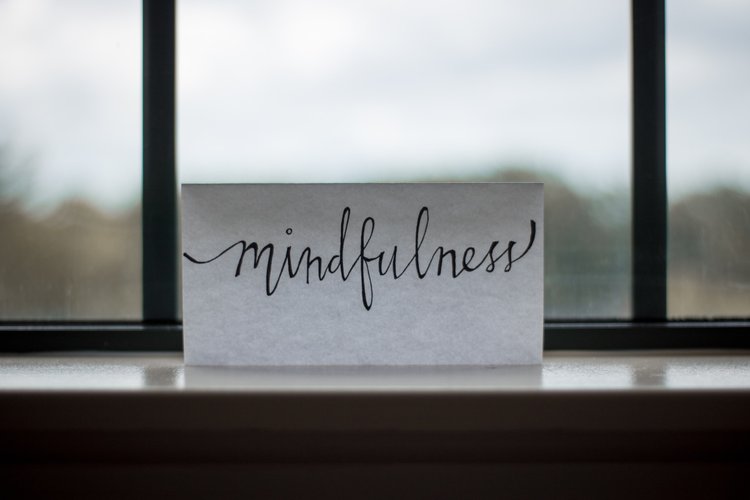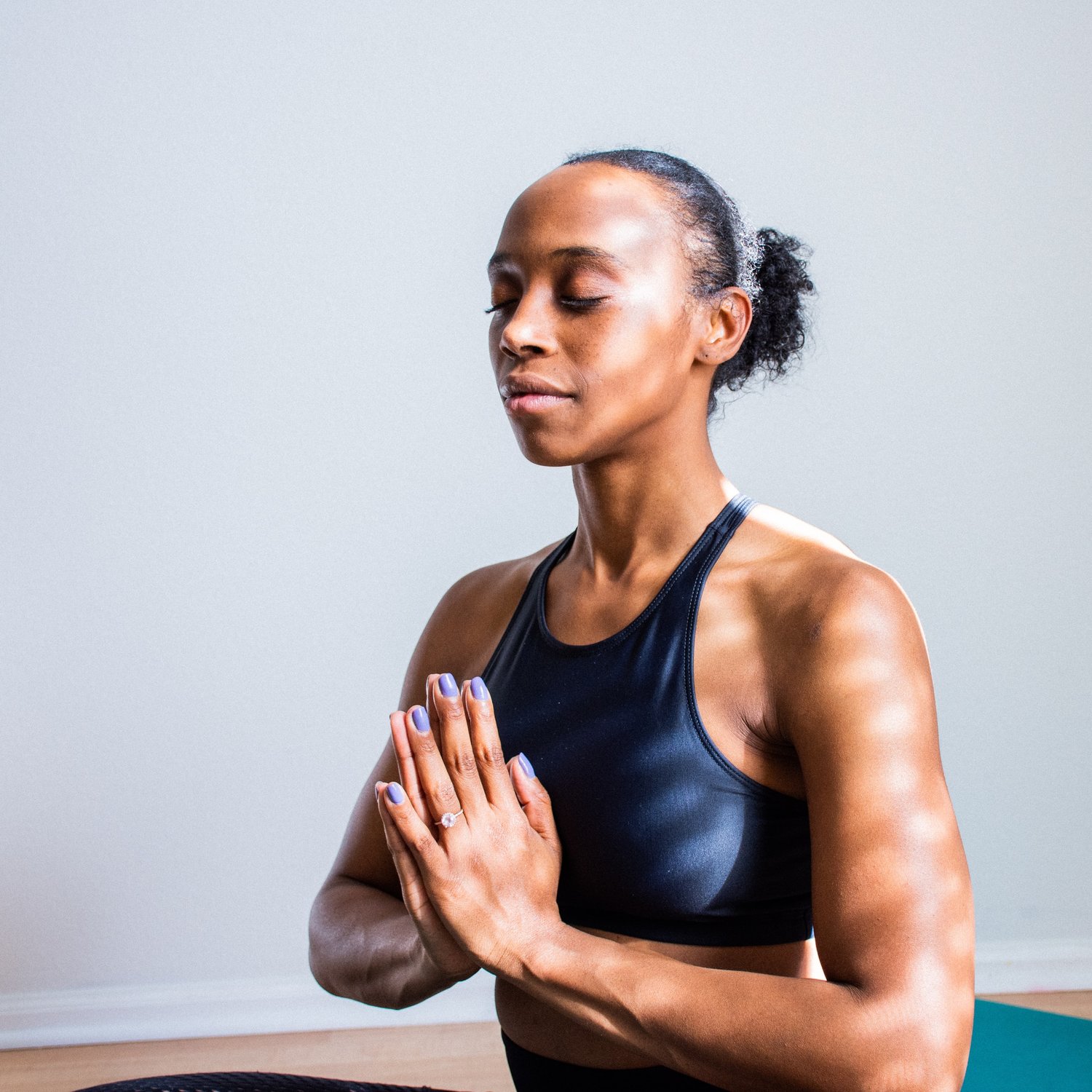Mindfulness is a term that seems to get thrown around a lot these days. While that isn’t necessarily a bad thing, considering the benefits, it’s important to know what mindfulness is—and what it isn’t.
In its simplest form, mindfulness is a form of meditation, designed to help you focus on the present and awareness of the moment—without distraction.
Mindfulness is a wonderful stress reducer and can be used to help with things like anxiety, depression, or even trauma recovery.
But, is mindfulness just another meditation technique to make you feel good? Not necessarily. There’s actually quite a bit of science behind mindfulness and how/why it works. Let’s dive a little deeper into those ideas.
Why Does Mindfulness Work?
Mindfulness helps to improve the connection between the amygdala and prefrontal cortex. What does that mean, exactly? Both of those areas of the brain help to recover more from stressful experiences. They also impact how severely you respond to stress.
When they have a strong connection, it’s easy to feel more relaxed, even when stressful experiences arise.
In addition to making stress less impactful, neuroscientists have found that mindfulness impacts multiple areas of the brain responsible for regulating emotions, introspection, and even self-awareness.
Mindfulness is also evidence-based. Mindfulness-Based Stress Reduction (MBSR) has been used for years to help medical patients deal with pain.
Changing Your Brain
When consistently done the “right” way, mindfulness can actually change your brain. Some studies have shown that it impacts the gray matter in the brain, which enables you to control your emotions.
Mindfulness can also impact areas of the brain associated with your sense of self, and stress.
This won’t happen after just a few “sessions.” But, if mindfulness is something you stick with, it certainly can rewire certain parts of your brain and change your outlook on things.
The Relaxation Response
So, why does mindfulness really work?
Practicing mindfulness can trigger a relaxation response within your brain. That helps your mind and body to go back to a “neutral” state after a particularly stressful experience.
The best part? You can experience that drop in stress the first time you practice mindfulness effectively. It’ll only get better from there as you continue to get more comfortable with the practice and know how to make it work for you.
How to Practice Mindfulness
Mindfulness is more than meditation, though that’s where it starts. You don’t need any special equipment or experience to practice mindfulness many times a day.
Many people choose to make mindfulness a part of their daily routine. It’s a great way to start your day with a positive mindset and lowered stress levels.
Keep in mind that mindfulness is a “practice.” You don’t have to do anything perfectly to reap the benefits it has to offer.
The basis of mindfulness is remaining focused on the present. This is especially effective when you’re dealing with stress or anxiety. Close your eyes and take a few deep, relaxing breaths. Pay attention to every sensation. How does your body feel in that moment? What does the breeze sound like? What can you smell? How do your surroundings make you feel?
You can’t control your thoughts, even while practicing mindfulness. But, you do get to choose what to “keep.” So, while thoughts will continue to roll in, consider letting them pass by like clouds. Mindfulness is about being in the present, not hanging on to the past or future.
The science behind mindfulness is what makes it so much more than a trendy meditation technique. Keep this information in mind if you’ve wanted to be more mindful in your life, or if you’ve been interested in giving it a try.
About the Author
Roma Williams is a Houston-based licensed marriage and family therapist, who is also licensed in the states of Georgia, Florida, and California. Her specialties and clinical interests are systems and relationships. Roma enjoys working with couples, including LGBTQ+ and those who live in polyamorous relationships. As an African American woman, Roma has donated time and efforts to causes championing black women and mental health. Roma also enjoys working with individuals on their relationships with themselves and others. Being a California native, and moving to the south in her adult years, Roma has had plenty of experiences that have shaped her cultural development both professionally and personally. In her spare time, Roma enjoys fashion, all things wine, and traveling.
If you are in Houston or in any part of Texas, Georgia, Florida, or California and are ready to work with Roma click here.





Recent Comments